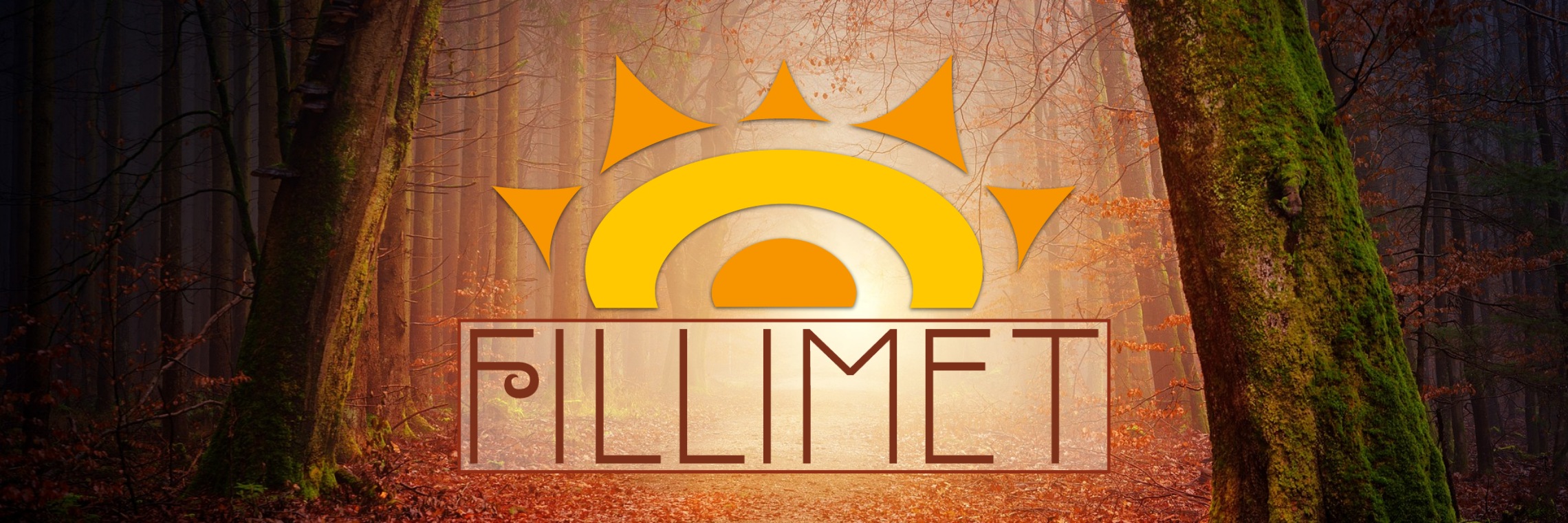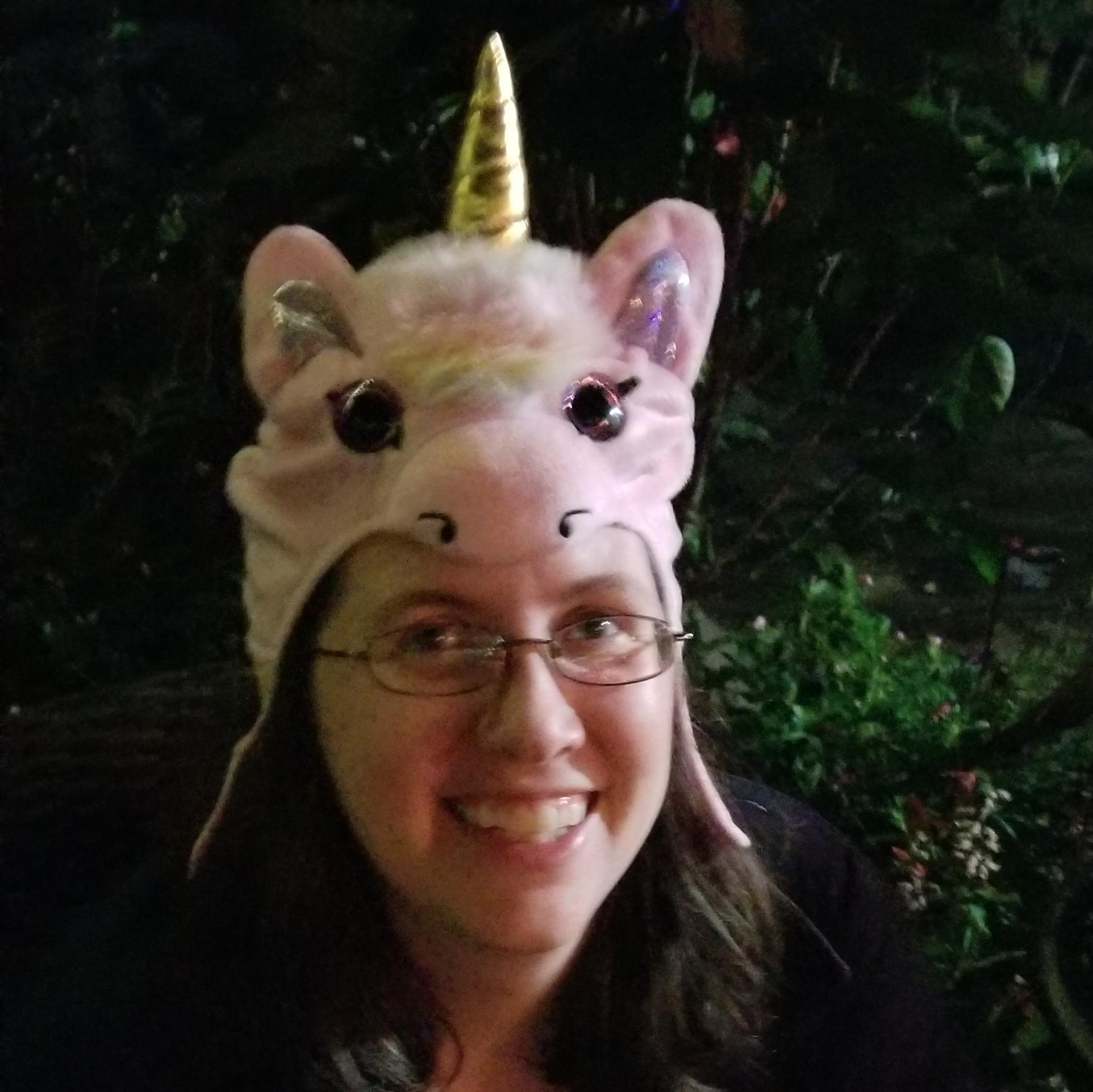Tsekeht
Jannadan Leadership Trial
The Tsekeht was discovered as a way to tie an individual deeper to the neural net of Jannada, allowing them to experience an even greater sense of community with the life of the planet. While passing the Tsekeht is not required to become recognized as an adult of the community, it is a requirement for any wishing to serve in leadership positions, including any role teaching, governing, guiding the community in the Ecknaab faith, or serving as an officer within the military.
Execution
Selected candidates will present themselves to the Rekkael at the set time for their Tsekeht, typically at dusk on the first night of the double new moon. The Trial is always held at night within a permanent structure crafted to honor the Way of Ecknaab, the balance between all life. Often these are natural caves further carved and decorated by the community. Only the candidates and the Rekkael are permitted within the structure to witness the Tsekeht, although often Festivals will be held nearby for family, friends, and others to celebrate the Tsekeht and await word of the results. The nature of the Trial is a closely guarded secret, known only to those who have attempted the Tsekeht themselves.
Candidates begin the challenge by consuming the fruit of a journey tree, a vine carefully cultivated within the Ecknaab Temple used for the Tsekeht and made to flower and fruit with Agrokinesis on the nights of the Trials. Unknown to the candidates the vine is imbued with powerful Divination magic as it grows, most notably the Distripate spell specifically developed for use with the Tsekeht. As a result the Dream Walking trance of each candidate upon consumption of the fruit carries powerful magics, adapting and twisting the resultant dreams of each participant into personalized Trials targeting each candidate's most destructive flaws.
As the Tsekeht occurs in each candidate's dreams their available tools for handling each Trial are limited only by their imagination. Candidates are not informed of this beforehand but most learn fairly quickly either due to their personal knowledge and experiences or by observing how the dreamscape morphs to match their subconscious thoughts, both harmful and helpful. Each candidate will face their own worst fears, regrets, and inclinations as determined by the Divination infused within the journey fruit, in whichever form will have the most impact.
The number of Trials faced depends upon the individual and their experiences, with some spending all night battling their demons while others relive a selection of their key past decisions and reaffirm or repent of their choices. Unlike normal dream walking, deaths within the Tsekeht dreamscape do not cause the candidate to reawaken but rather to shift into a different phase of the Trial.
Those who pass the Tsekeht will awaken once they have passed each of their Trials, with a new outlook on their own life and purpose and a deeper connection to Jannada. Those who fail to complete their Trials before dawn will awaken with the sun. In these cases the failed candidates may exhibit a burning desire to resolve their past mistakes and reforge their life, at which point they are welcome to present themselves once again as potential candidates for the Tsekeht. Others become a broken shadow of their former selves, overcome by their own failings.
The Tsekeht changes all who dare to undertake its Trials.
Participants
Participants in the Tsekeht are selected by community leaders from a pool of candidates presented by their parents or even themselves. All candidates must have either reached the age of maturity (typically ranging between 14-20 years of age depending upon the specific Jannadan community) or have attained a notable maturity beyond their years accompanied by a marked devotion to the Jannadan way of life. Many settlements have additional tests and challenges for their potential candidates to further narrow the selection pool, tasking hopefuls to display their knowledge and morality. Divination also often plays a role, identifying those candidates most needed by the community. Those who are not selected may reapply next year, and there is no maximum age for completing the Tsekeht.
The highest ranking member of the community presides over the Trials, receiving the ceremonial title of Rekkael. Due to the Jannadan way of life and the tendency for individual roles within the community to overlap and change with the annual seasons this means the role of Rekkael is often held by an esteemed individual with multiple important roles within the city, even within the more heavily populated areas of Jannada.
Components
Divination Magic
Journey Fruit Observance
The Trial of Tsekeht can be observed at any time, but is typically reserved for the double new moon falling three times a year. The Trial is therefore most often held at night, with the successful participants emerging alongside the sun to enjoy their newfound status within the community. Often the Trial is accompanied by a two day celebration beginning at dawn the day before the Trial and ending at dusk the day after.
Divination Magic
Journey Fruit Observance
The Trial of Tsekeht can be observed at any time, but is typically reserved for the double new moon falling three times a year. The Trial is therefore most often held at night, with the successful participants emerging alongside the sun to enjoy their newfound status within the community. Often the Trial is accompanied by a two day celebration beginning at dawn the day before the Trial and ending at dusk the day after.







Oooo very nice rite of passage vibes here. I love that the trance focuses on ones flaws. Makes it more interesting than your standard kaleidoscopic trip. I cant imagine spending all night battling inner demons. That's alot of baggage. Well done as always!
Thank you! I am looking forward to diving deeper into the Tsekeht at some pint in the future. Jannada may get fleshed out more this year.
Necromancy is a Wholesome Science.